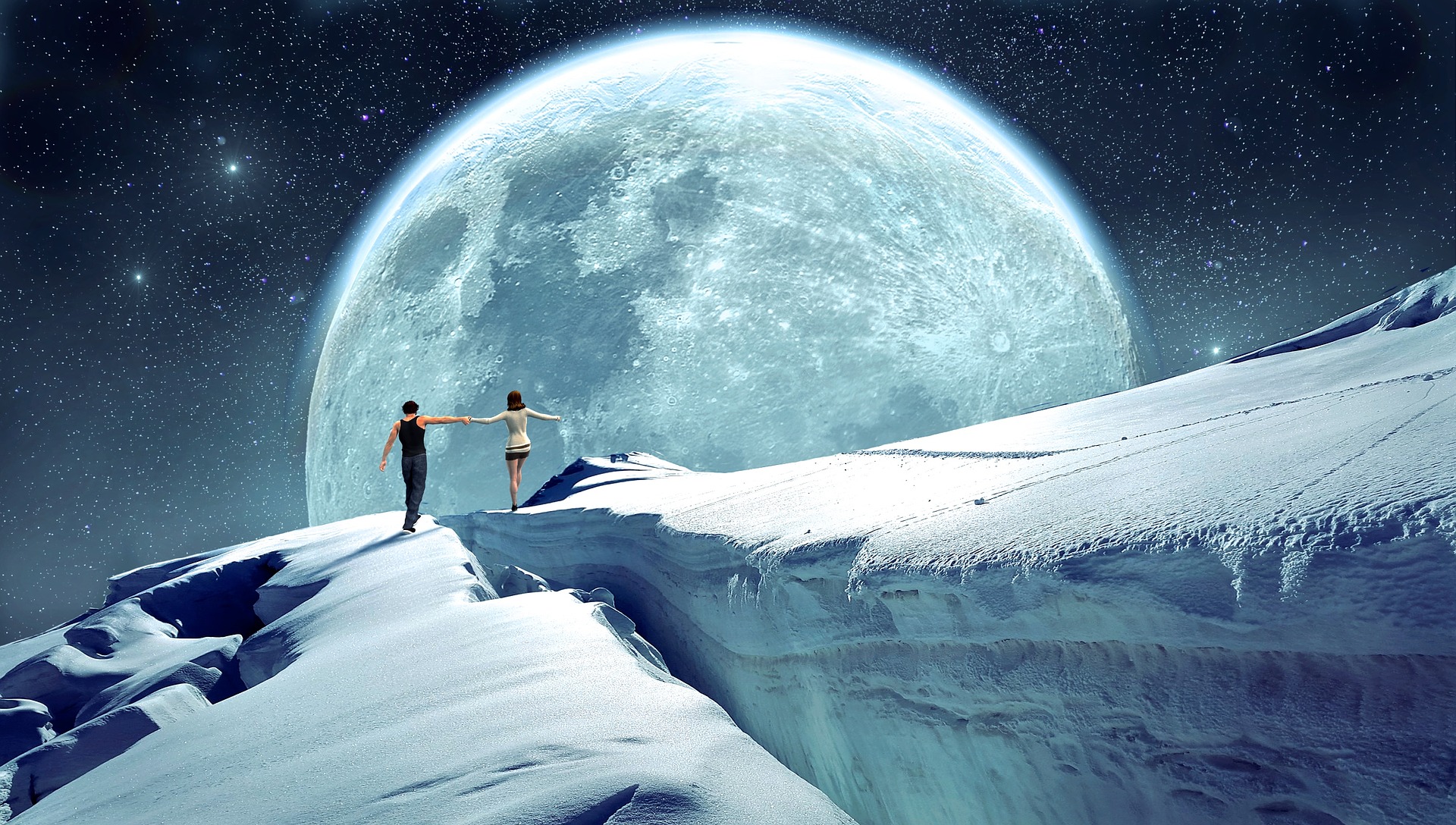Fresno Bee, September 11, 2022
Down in Antarctica, a massive glacier is rapidly melting. The media have dubbed this 80-mile-wide ice sheet “the doomsday glacier.” Reporters warn that when the glacier collapses, it could raise global sea level by 2 feet. The collapse could happen as soon as 2031.
We are a long way from Antarctica. But it’s easy to picture the ice melting during our roasting September heat wave. My car thermometer hit 117 the other day.
It does seem like our “house is on fire,” as Greta Thunberg put it in a speech at the World Economic Forum in Davos, Switzerland a couple of years ago. Thunberg said, “I want you to panic.” She continued, “And then I want you to act. I want you to act as you would in a crisis. I want you to act as if our house is on fire. Because it is.”
When speaking to the elites at Davos it might help to ring the alarm bells loudly. Our leaders are currently throwing a few buckets of water at an advancing wildfire. They need some political heat to get them moving.
But what about the rest of us? Should we panic? Eco-anxiety is a serious problem, as I discussed in a previous column. Nihilism and despair are as deadly as the rising heat. If doomsday really is right around the corner, we might be inclined to crank up the AC, pull down the blinds and abandon hope.
Doomsday is pretty depressing, after all. But let’s think critically about our language for a moment. Words like “doomsday” cause panic and despair. Two feet of sea level rise is bad. But the world won’t end. Media literacy can help prevent overreaction. Doomsday is just a word. It was chosen by the headline writers to capture your attention.
It also helps to recall that human beings are adaptable and inventive. We likely won’t prevent climate change from re-shaping civilization. But human beings change and adapt. The history of civilization is a story of our adaptability and inventiveness. The future won’t be easy. And there will be pain. But it’s better to embrace the inevitability of change than to hide in the closet.
We had some practice in dealing with radical change during the COVID-19 pandemic. Things fell apart for a time. Remember the fear? The uncertainty? The toilet paper shortages? But we adapted. The response wasn’t perfect. Many people died. Political life became polarized. And we’re still recovering. But here we are. Life goes on. It’s different today than it was a few years ago. But each dawn is different.
We need to develop a kind of Stoic resolve, leavened with creativity, humor, love, and joy. One of my mentors, the philosopher John Lachs, described this as “Stoic pragmatism.” He encourages us to confront tragedy with “equanimity born of joy.”
We need endurance and acceptance but also good humor and energy. When things get rough, as they always do, it helps to smile into the pain. Shake off the suffering and keep going. That’s what marathon runners do. It’s what inventors, entrepreneurs, and artists do when they hit a roadblock. Make a joke, suck it up, and get back to work.
We have strayed pretty far from the doomsday glacier. But the end is never really far away. On any given day, millions of people experience their own private doomsdays. Loss is inevitable. Everyone you know and love eventually ends up dead. And no civilization lasts forever.
In admitting our mortality, there is the risk of despair. But it is better to look into the abyss with open eyes than to live in denial. And once you accept the inevitable, you can discover acceptance and even joy. John Lachs put it this way in a book he wrote about death and dying: “Of course we die, but why should that spoil breakfast?”
That cheerful nugget of wisdom is helpful. This doesn’t mean that we should just smile and wave without taking action. The house is on fire. There’s work to be done. And we’re going to have to adapt. But freaking out doesn’t help. When doomsday arrives, it’s better to greet it with creative good humor than with anxiety and despair.
Read more at: https://www.fresnobee.com/opinion/readers-opinion/article265519076.html#storylink=cpy


